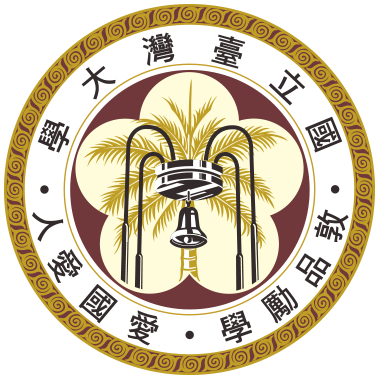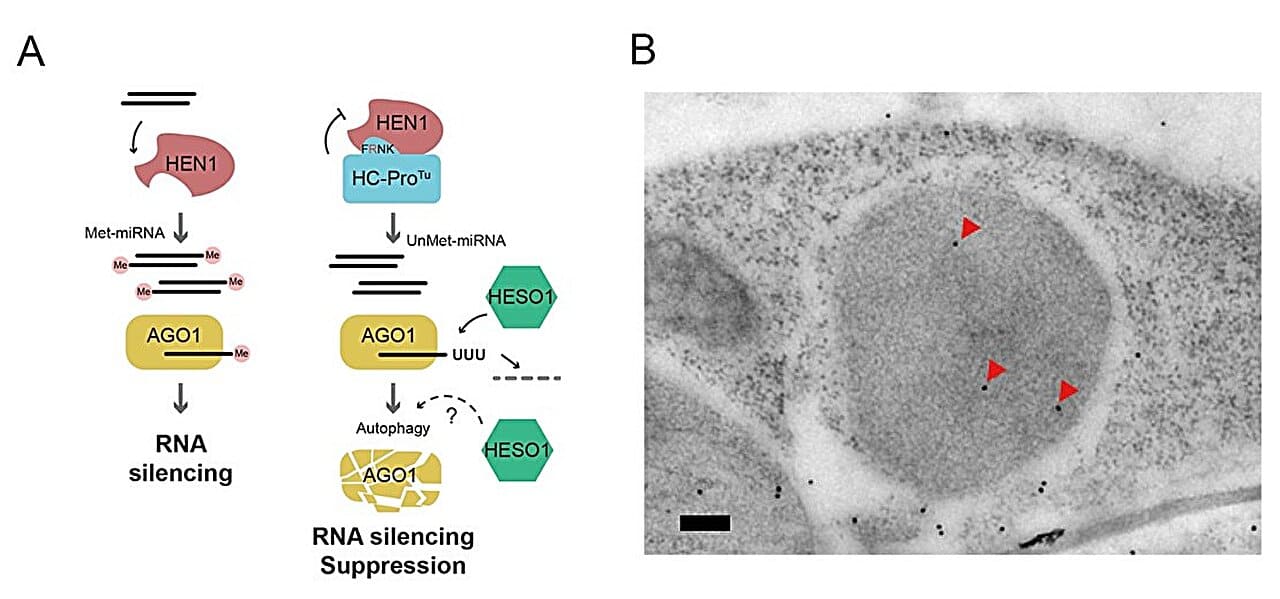Unlike animals, plants do not possess an adaptive immune system with antibodies or T cells to fight viral infections. Instead, they rely on the RNA silencing system, which serves as their innate immune defense by recognizing and degrading viral RNA. In turn, viruses have evolved viral suppressors to inhibit the RNA silencing pathway, thus facilitating the successful infection of the host plant.
Understanding this molecular arms race between viruses and plant defenses is essential for developing innovative disease-resistance strategies in agriculture.
Prof. Shih-Shun Lin at the Institute of Biotechnology, National Taiwan University, has been investigating the HC-Pro viral suppressor for many years. His latest findings are published in the journal Nature Communications.
In the RNA silencing pathway, HEN1 methyltransferase and AGO1 are two critical components. Notably, AGO1 is the primary ribonuclease responsible for cleaving viral RNAs.
Prof. Lin's team discovered that HC-Pro inhibits HEN1 methylation activity and triggers autophagy, leading to the degradation of AGO1. This effectively disarms the plant's antiviral silencing machinery.
For years, the role of HC-Pro as a viral suppressor has been deeply established in scientific understanding. The significance of this study lies in its paradigm-shifting insight—a novel mechanism in the ongoing battle between plants and viruses.
This discovery not only represents a breakthrough in plant virology but also exemplifies the power of perseverance and teamwork. Despite facing intense scrutiny from reviewers, the team responded with solid experiments and compelling data, ultimately challenging long-standing dogma.
Looking ahead, this work is anticipated to inspire a new generation of plant scientists to pursue fundamental research with bold and creative perspectives. Further insights into RNA silencing may also result in breakthroughs in virus-resistant crop breeding.
"No matter how great the challenges, as long as we hold on to our faith and original intention, we will eventually see the light and hope on the path of scientific pursuit," said Prof. Shih-Shun Lin.
More information: Zhao-Jun Pan et al, HC-Pro inhibits HEN1 methyltransferase activity, leading to autophagic degradation of AGO1, Nature Communications (2025). DOI: 10.1038/s41467-025-56320-z
Journal information: Nature Communications
Provided by National Taiwan University


